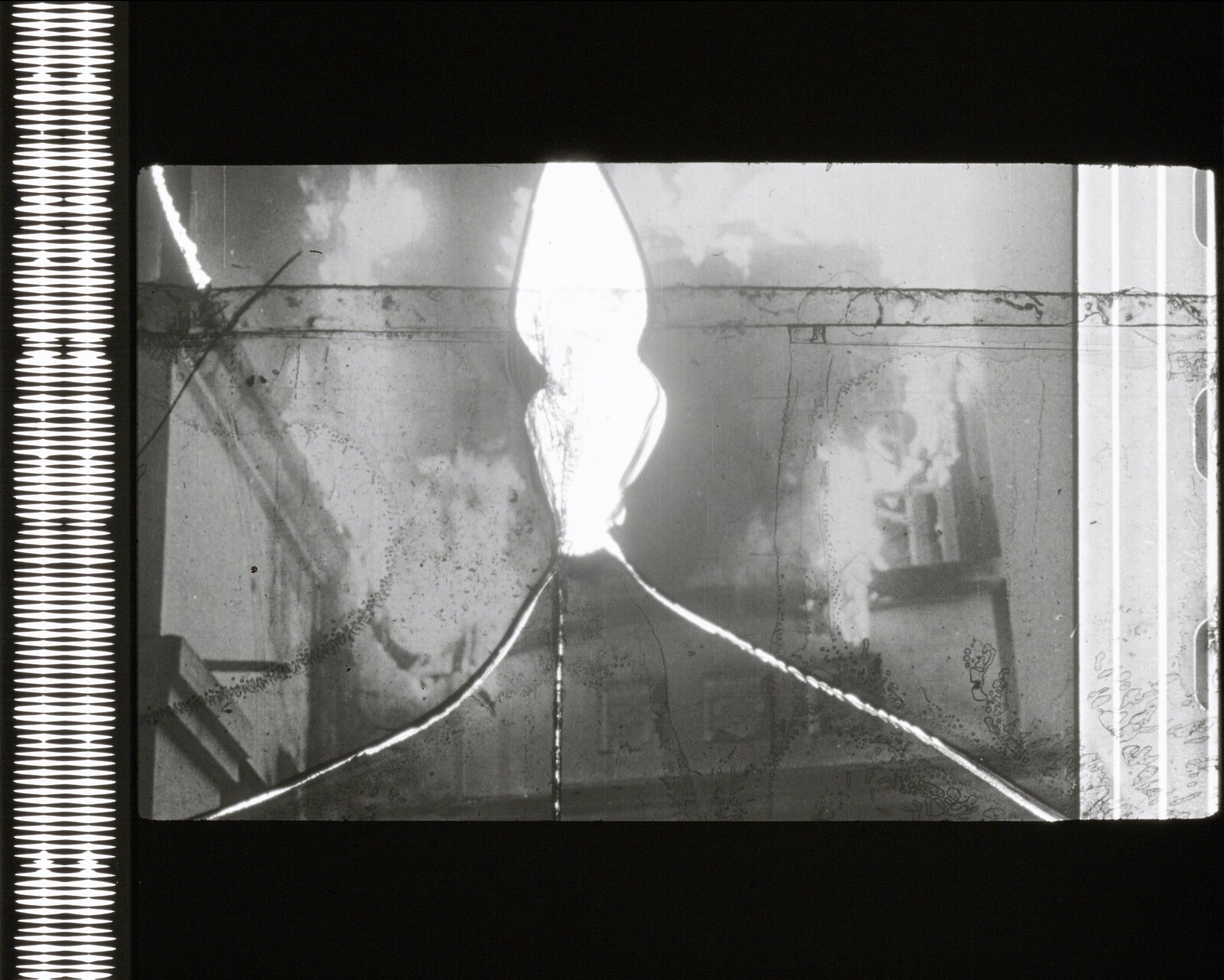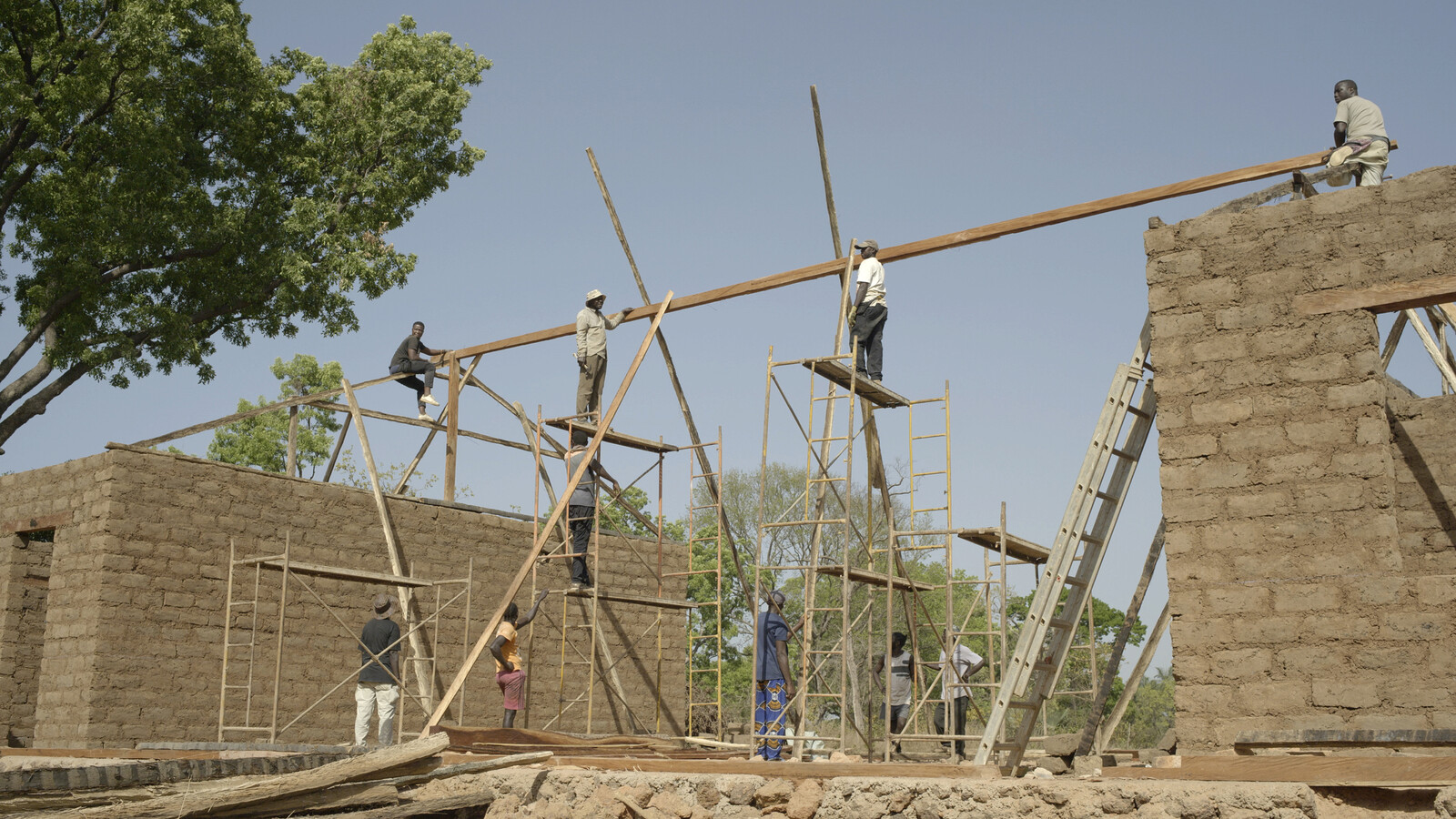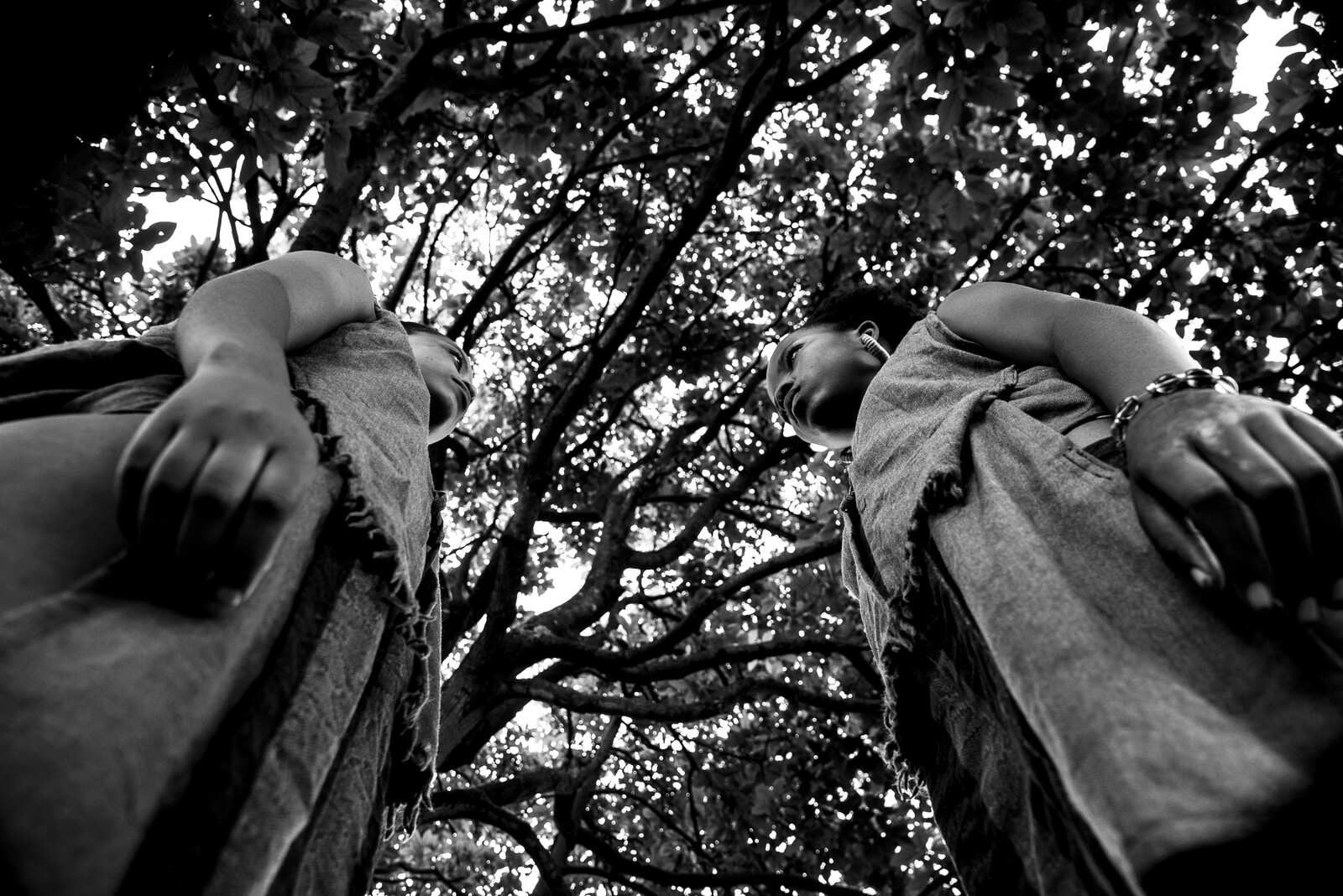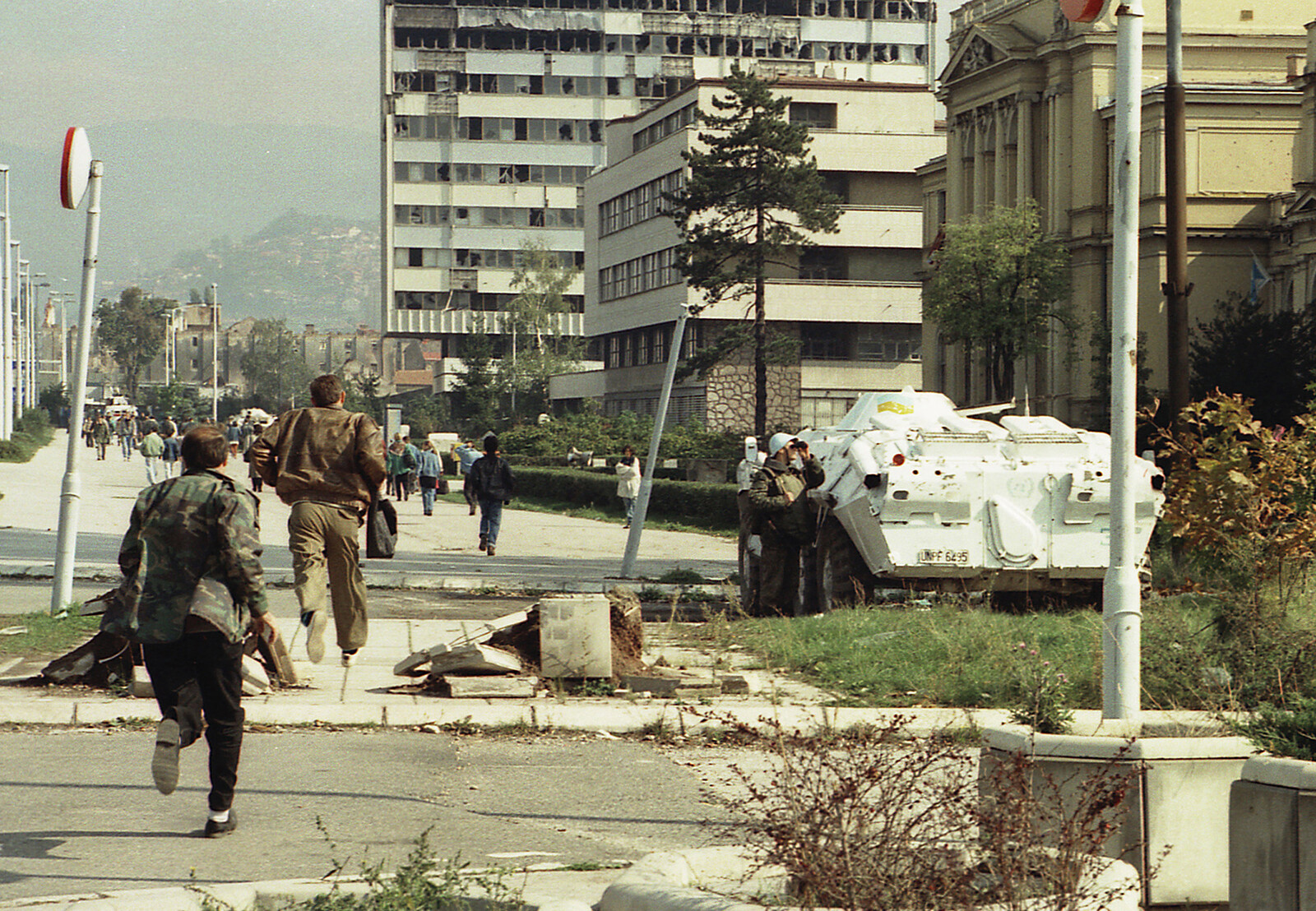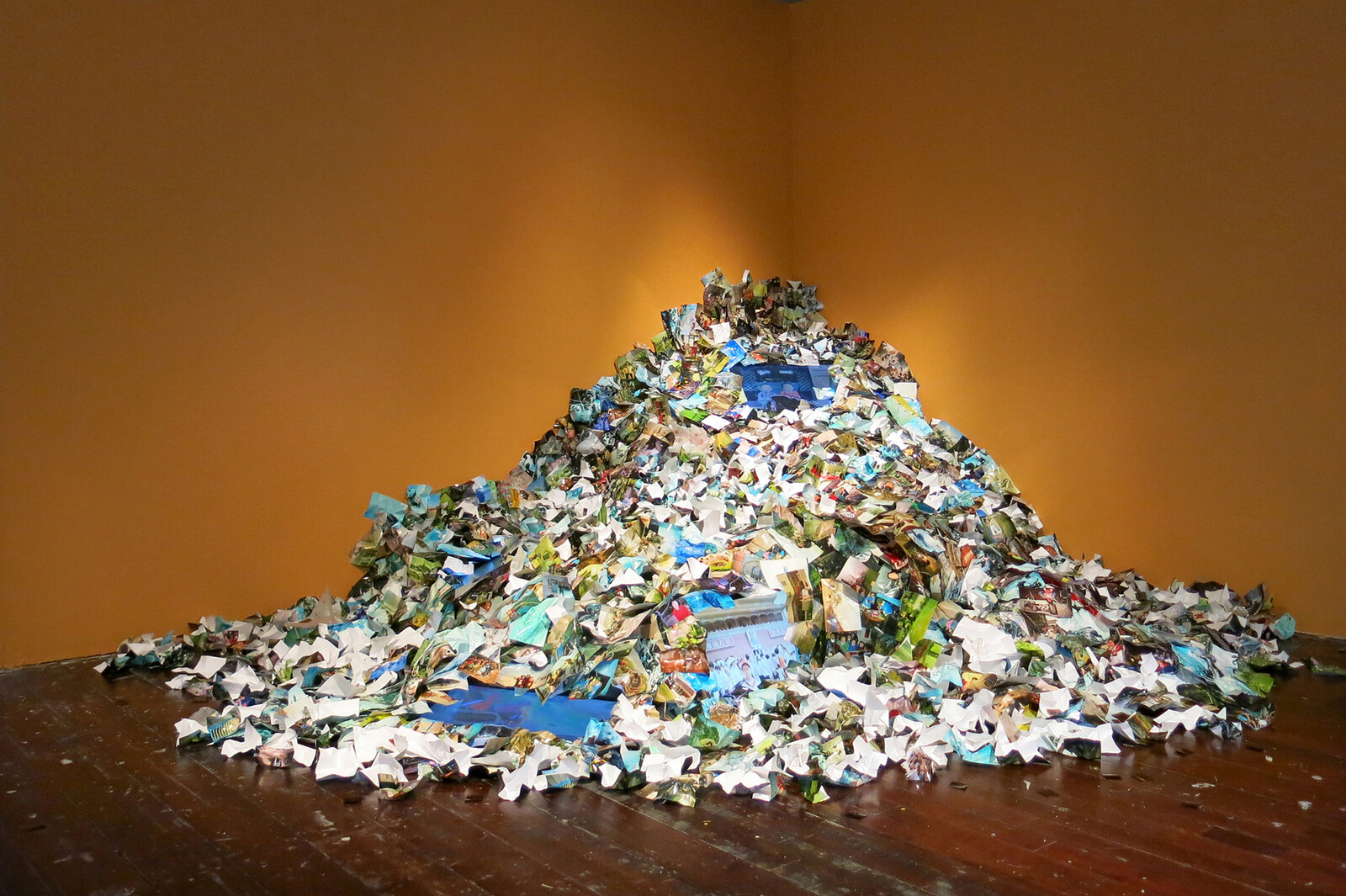Potsdamer Straße 2
10785 Berlin
Germany
T +49 30 26955100
mail@arsenal-berlin.de
Additional festival venues:
silent green Kulturquartier
Gerichtstraße 35
13347 Berlin
Germany
SİNEMA TRANSTOPIA
Lindower Str. 20/22, Haus C
13347 Berlin
Germany
“If today is the past of the future we can influence the future. And if today is the future of the past we’re already living the future.” (from Kumbuka by Petna Ndaliko Katondolo)
The biennial festival Archival Assembly considers international film archives as a shape-shifting space for the future of cinema. Archival Assembly #2 reflects critically on the topic of cinematic heritage. The festival program will feature new restorations, contemporary films, transnational archive projects, an exhibition and a symposium.
From June 8-15, 2023, Archival Assembly #2 will be dedicated to global change processes and snapshots from the viewpoint of the archives: every look into the archive changes the present, and every look into the present changes the archive.
Together with the master’s program “Film Culture: Archiving, Programming, Presentation” at the Goethe University Frankfurt, a symposium will be held on June 9 and 10. The theme is the title of a new book Accidental Archivism: Shaping Cinema’s Futures with Remnants of the Past edited by Vinzenz Hediger and Stefanie Schulte Strathaus, and published in the series Configurations of Film by meson press. The concept of “Accidental Archivism”—a term coined by Nigerian filmmaker, critic, and curator Didi Cheeka—runs through all areas of the festival as a model that shakes up established and deadlocked structures, engendering lasting change through encounters with life as it is marked by crises but also by everyday events.
Archives, and thus cultural memory, are in particular danger in times of war and crisis. At the same time, new image archives are violently generated and superimposed on the archive of (collective) memory. Olena Honcharuk (acting director of the Dozhenko Centre in Kyiv) and Maria Hlazunova (Dovzhenko Centre & contributor to the NGO project Ukraine War Archive Архів війни (ukrainewararchive.org), will talk about this and other topics with Barbara Wurm.
A tribute is dedicated to the Congolese filmmaker and founder of the cultural center Yole!Africa, Petna Ndaliko Katondolo, who, faced with the patterns of colonial representation in film history, began to look behind these images in order to develop his own Afrofuturist style from there.
A number of restoration projects from the history of independent cinema will be presented, among them Friends in High Places by Lindsey Merrison (2001), about the cult of “Nats” in Burma, which are considered supernatural beings and victims of a dominant system, and Kara Kafa (Black Head) by Korhan Yurtsever (1979), a Turkish-German production on labor migration. New productions include Dearest Fiona (2023), a work by Fiona Tan, in which she combines material from the Eye Filmmuseum with letters from her father, and Xaraasi Xanne – Crossing Voices (2022) by Raphaël Grisey and Bouba Touré, which uses material from Touré’s private archive to portray the agricultural collective Somankidi Coura.
From June 8 to July 2, the exhibition How to know what’s really happening takes place, curated by Maha Maamoun and Ala Younis. Archival work confronts us with criminalistic questions: How do we enter a space or a crime scene, how do we move through it, how were archives built or destroyed, and how can we reconstruct them?
As part of the series Found Futures, conceived with the Goethe Institut, participants present projects and share ideas, knowledge, or questions with regard to precarious archives and archival findings. Accidental archivists receive advice on how to build archive structures, artistic and curatorial suggestions, and practical support.
Archival Assembly #2 is a collaboration with Goethe University Frankfurt, Goethe-Institut, silent green Kulturquartier, and SİNEMA TRANSTOPIA.

